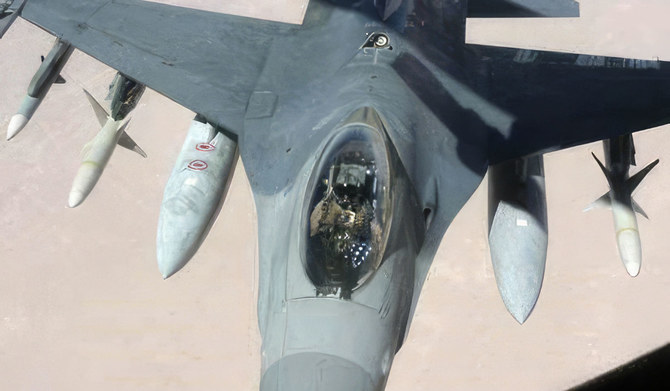Title: US Targets Iran-Backed Militant Sites in Iraq Amid Rising Tensions
In a move announced by US Defense Secretary Lloyd Austin, American forces conducted strikes on locations used by Iran-backed militants in Iraq early on Wednesday. The targeted sites included areas south of Baghdad in the Jurf Al-Sakhr region and the Al-Qaim area near the Syria-Iraq border, specifically aiming at Ketaeb Hezbollah, a militant faction affiliated with the former Hashed Al-Shaabi paramilitaries.
According to Iraqi sources, the strikes resulted in two fatalities and two injuries in the Al-Qaim sector. These actions come in response to recent attacks on US troops in western Iraq, which the Pentagon attributed to militants supported by Tehran.
US Central Command stated that the strikes focused on Ketaeb Hezbollah’s headquarters, storage facilities, and training locations for rocket, missile, and drone capabilities. The decision to carry out the strikes was framed as a response to what was termed “escalatory attacks” against US and coalition personnel by Iranian-sponsored militias.
The already tense regional atmosphere is further fueled by the ongoing conflict in Gaza between Israel and Hamas, a Palestinian Islamist movement supported by Iran. The US-led coalition against ISIS cited the need to address provocations from Iranian-sponsored militias as the justification for the strikes.
In a separate incident, drones targeted a US air base in Iraq hosting troops on Tuesday, causing injuries and infrastructure damage. The Islamic Resistance in Iraq claimed responsibility, asserting their actions were in solidarity with Palestinians in the Gaza Strip.
Iraqi Prime Minister Mohamed Shia Al-Sudani has called for the withdrawal of the international coalition from the country to ensure its security. The current deployment includes approximately 2,500 American troops in Iraq and about 900 in Syria.
The recent surge in violence involving Iran-backed allies of Hamas in the Middle East underscores the broader regional implications of the Gaza conflict. Washington has previously responded to attacks with strikes on Iran-backed groups, and the situation remains fluid amid calls for de-escalation.

